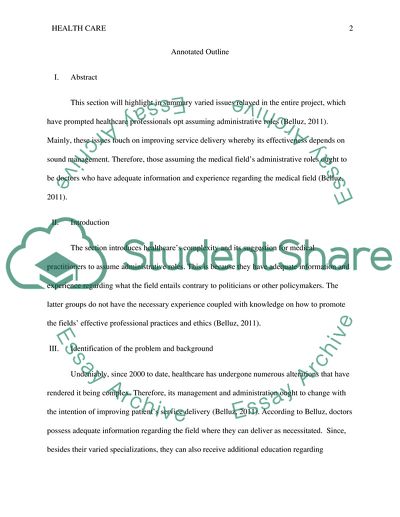Cite this document
(“Healthcare Professionals Assuming Active Administrative Roles Annotated Bibliography”, n.d.)
Healthcare Professionals Assuming Active Administrative Roles Annotated Bibliography. Retrieved from https://studentshare.org/health-sciences-medicine/1793529-health-care
Healthcare Professionals Assuming Active Administrative Roles Annotated Bibliography. Retrieved from https://studentshare.org/health-sciences-medicine/1793529-health-care
(Healthcare Professionals Assuming Active Administrative Roles Annotated Bibliography)
Healthcare Professionals Assuming Active Administrative Roles Annotated Bibliography. https://studentshare.org/health-sciences-medicine/1793529-health-care.
Healthcare Professionals Assuming Active Administrative Roles Annotated Bibliography. https://studentshare.org/health-sciences-medicine/1793529-health-care.
“Healthcare Professionals Assuming Active Administrative Roles Annotated Bibliography”, n.d. https://studentshare.org/health-sciences-medicine/1793529-health-care.


